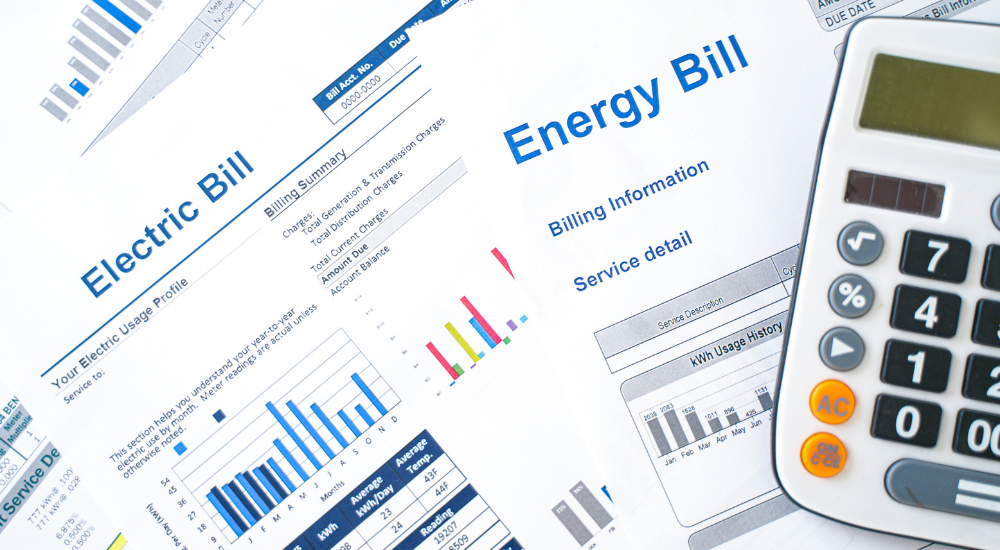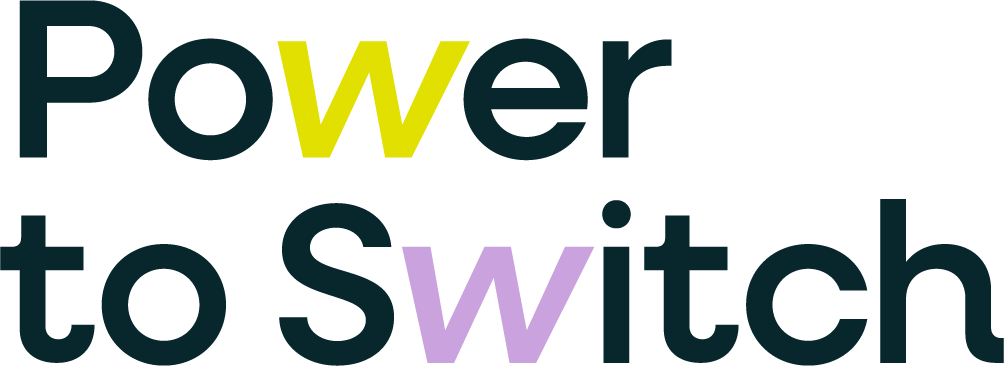Electricity customers are set to see bills rise due to a planned increase in the Public Service Obligation (PSO) charge.
The Public Service Obligation (PSO), which is a green energy levy added to all electricity bills, will increase to €38.76 per year, or €42.24 when VAT is included. But what exactly is the PSO charge, what does it pay for, why is it increasing, and how will it impact does it have on your energy bills?
What is the PSO Charge?
The PSO charge is a levy that all electricity consumers in Ireland pay as part of their electricity bills. All energy suppliers are legally required to collect this levy from electricity customers.
It is mandated by the Irish government and regulated by the Commission for Regulation of Utilities (CRU). The primary purpose of the PSO charge is to support the generation of electricity from renewable sources, with the aim of ensuring the security of supply and promoting environmental sustainability.
How have PSO Charges changed over recent years?
The PSO charge has seen several adjustments in recent years, reflecting changes in energy policy, market conditions, and the growth of renewable energy in Ireland.
Detailed below are the monthly and annual PSO charges applied to customer bills since 2020 (all rates are including VAT). The PSO charge is a fixed component of your electricity bill, meaning it is not influenced by your electricity usage.
- 2020 – 2021 €7.40 per month €88.80 per year
- 2021 – 2022 €4.88 per month €58.57 per year
- 2022 – 2023 €0.00 per month €-89.10 per year
- 2023 – 2024 €0.00 per month €0.00 per year
- 2024 – 2025 €3.25 per month €38.76 per year
How is the PSO charge calculated?
The Commission for Regulation of Utilities (CRU) reviews and approves the PSO levy annually. The cost is set between 1st October to 30th September.
The CRU forecasts the total cost required to support renewable energy projects and other initiatives to ensure energy security. This includes costs for older support schemes and new projects aimed at increasing Ireland’s renewable energy capacity.
The CRU also examines the anticipated revenue due from selling electricity generated from renewable sources into the market. This is where the wholesale cost of electricity is critical as it will determine the levels of revenue to be realised.
If there is a difference, or shortfall, between the total costs and the expected market revenue is what needs to be covered by the PSO charge.









